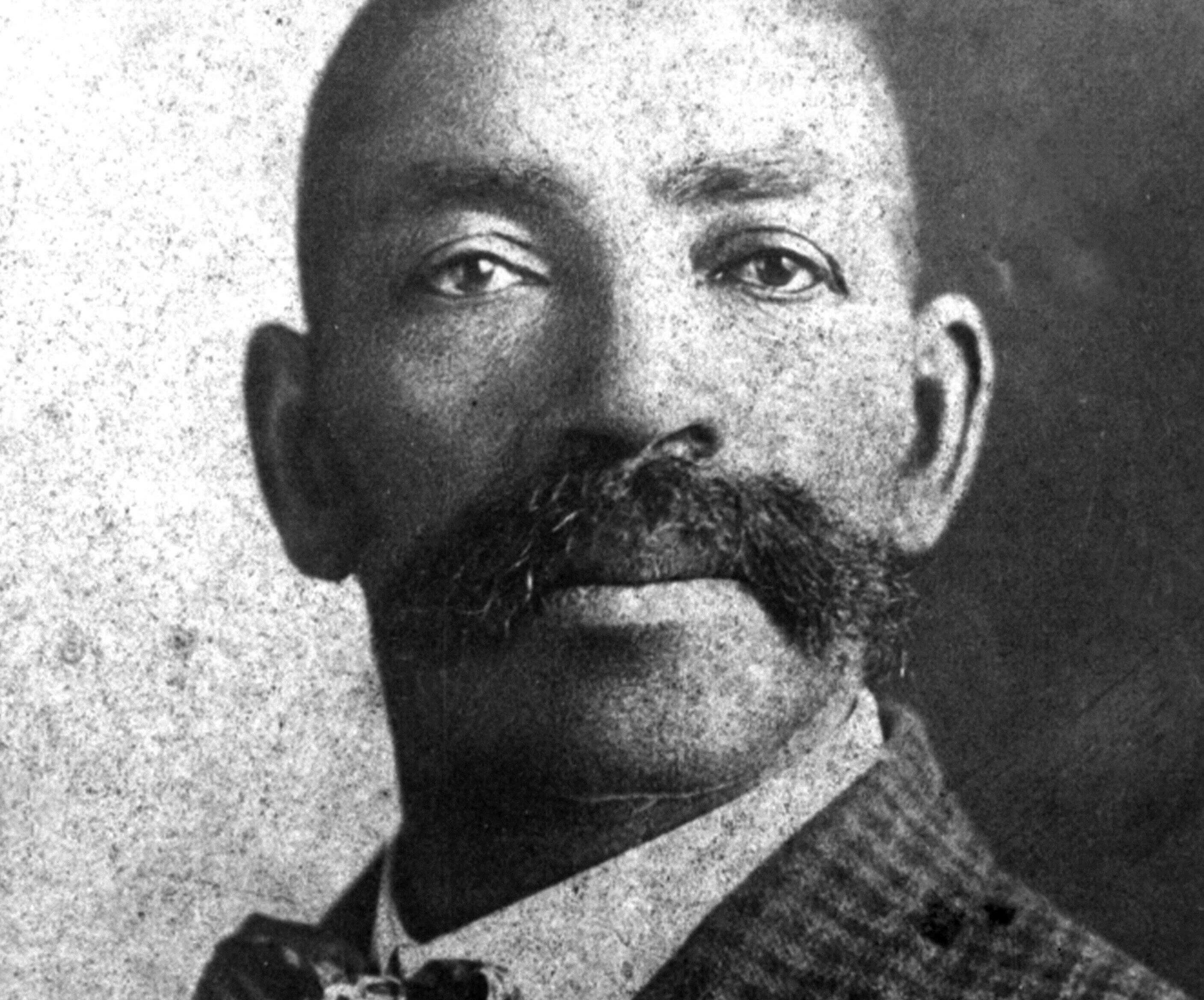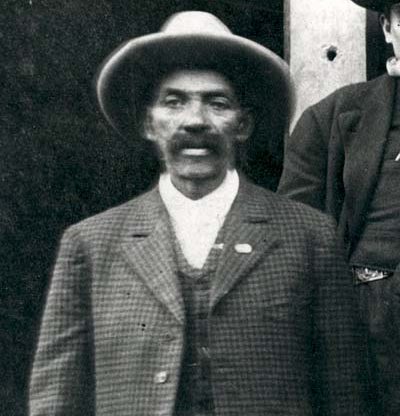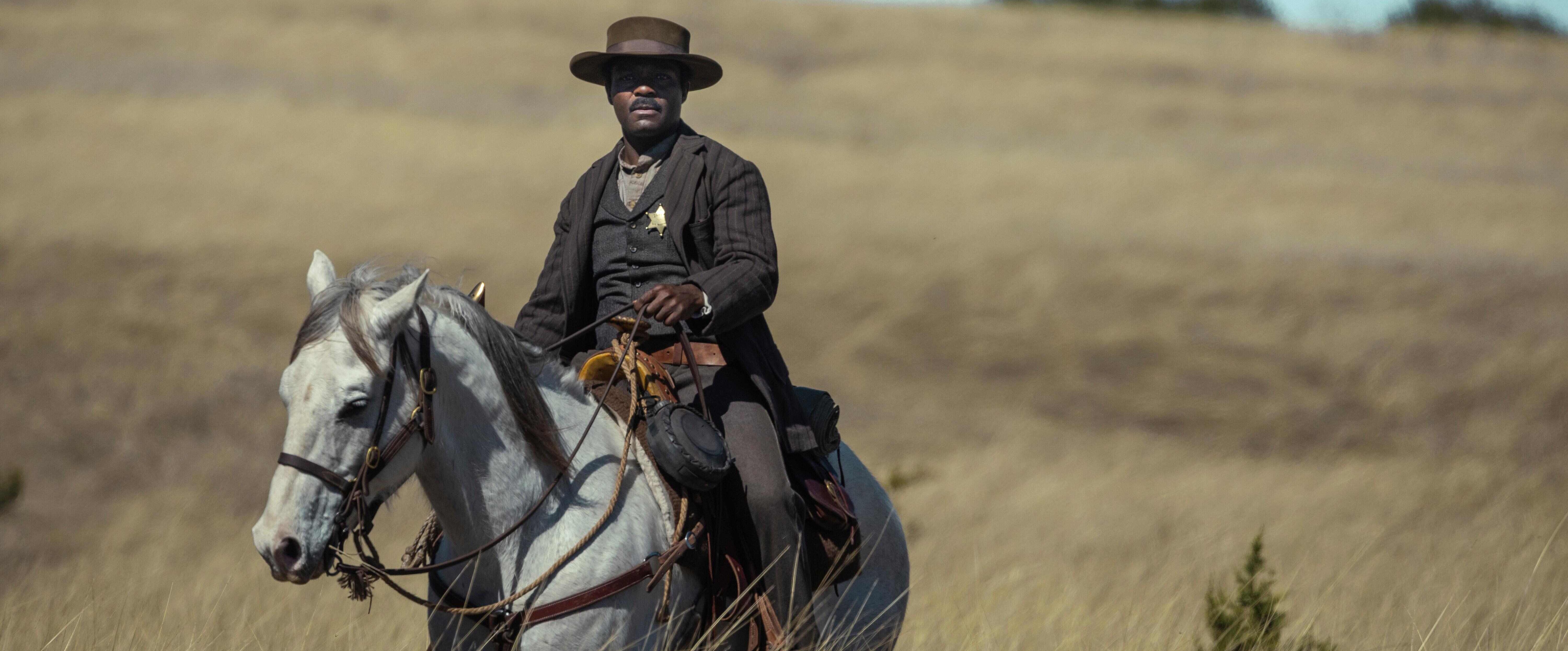In the first episode of Paramount+’s Western series ‘Lawmen: Bass Reeves,’ Bass fights the Union Army as a Confederate soldier during the Civil War Battle of Pea Ridge. He displays his bravery and resilience on the battlefield, however, against the force that takes part in the battle for the freedom of his community. As the show depicts, Bass really fought in the Civil War for the Confederates. his involvement is documented by historians who dived into his legendary life and some of them have even claimed that he can be the inspiration behind the iconic Lone Ranger, the masked former Texas Ranger who safeguards the Wild West from outlaws.
Bass Reeves’s Life as a Confederate
Bass Reeves was forced to join the Confederate Army during the Civil War because his master George R. Reeves was a member of the Army’s Eleventh Texas Cavalry. As a slave, Bass might have not had any other option other than fighting the Union, which was battling for the freedom of the black community from enslavement. According to an interview Bass gave to a Muskogee newspaper in November 1901, the lawman revealed that he was involved in the battles of Chickamauga and Missionary Ridge with George.

The Battle of Chickamauga was a major win for the Confederate forces since it ended up becoming the most significant Union defeat in the Western Theater. The Battle of Missionary Ridge, on the other hand, resulted in the defeat of the Confederate Army of Tennessee. The Union’s Military Division of the Mississippi marked the victory under the leadership of Major General Ulysses S. Grant, who eventually became the country’s 18th president. Bass and George, as the series portrays, also fought in the Battle of Pea Ridge AKA Battle of Elkhorn Tavern. The Union, by winning the battle, established control over the majority of Missouri and northern Arkansas.
Bass Reeves: The Inspiration Behind the Lone Ranger?
The Lone Ranger is the protagonist of a WXYZ radio show and numerous films, television shows, novels, and comic books. He is a former Texas Ranger who fights outlaws in the American Old West with a friend named Tonto, a Native American. Although the Lone Ranger is often portrayed as a white man, several historians have argued that Bass Reeves can be the man behind the character. One of the prominent figures who have claimed the same is Art T. Burton, the author of ‘Black Gun, Silver Star: The Life and Legend of Frontier Marshal Bass Reeves.’

“Federal law mandated that deputy U.S. marshals have at least one posseman with them whenever they went out in the field. Oftentimes the men who assisted Reeves were Native Americans, like the character Tonto who assisted the Lone Ranger,” Burton wrote in his book while explaining the similarities between Bass and the character. According to Burton, Bass used disguises to capture outlaws or felons during his tenure as a deputy marshal, which is similar to the Lone Ranger, who wears a black mask. As far as the historian is concerned, the black mask is key to connecting the two.
“You’ve also got to realize that in the late-19th/early-20th century, black people were pretty much invisible. The first images of the Lone Ranger in the Thirties saw him wearing a black mask covering his whole face. For me that’s interesting. Why would you have a black mask covering his entire face?” Burton asks, as per The Telegraph. In addition, the white settlers who lived in the jurisdiction of Bass didn’t know his name and referred to him as the “Black Marshal,” which is the case with the Lone Ranger, whose real name is not known to many. The similarities between the two do not end there.
Bass rode a grey or white horse, similar to the horse of the Lone Ranger. In his book, Burton revealed that the lawman once gave a silver dollar to a family which helped him like how the Lone Ranger leaves silver bullets. “I doubt we would be able to prove conclusively that Reeves is the inspiration for the Lone Ranger. We can, however, say unequivocally that Bass Reeves is the closest real person to resemble the fictional Lone Ranger on the American western frontier of the nineteenth century,” the historian added in his book.
Chad Feehan, the creator of ‘Lawmen,’ is aware of the comparisons between Bass and the Lone Ranger. “There’s obviously a lot of reporting done on Bass Reeves being the inspiration for the Lone Ranger. The truth is, we do not know if that is or is not accurate. What I do know is that Bass Reeves is worthy of the comparison and worthy of potentially being the inspiration, if not more so,” Feehan told TheWrap. “And so we put him [Bass] on a gray horse, a white horse, partially to wink at the audience for the possibility of that,” he added.
Since the Lone Ranger being Bass’ fictional counterpart is unverified, Feehan had to find a balance between fact and fiction in his show. “I think the main reasons that’s attributed to him is he was such a remarkable shot, and that his posse man very often was Native American. It’s hard to know. So much is legend. I think Chad, knowing that there’s so much unknown, was able to find a balance between things that are true and things that are said to be true and things we would like to be true,” Christina Voros, one of the directors of the series, told Vanity Fair about the same.
Read More: Is Lawmen Bass Reeves a Part of the Yellowstone Universe?


You must be logged in to post a comment.